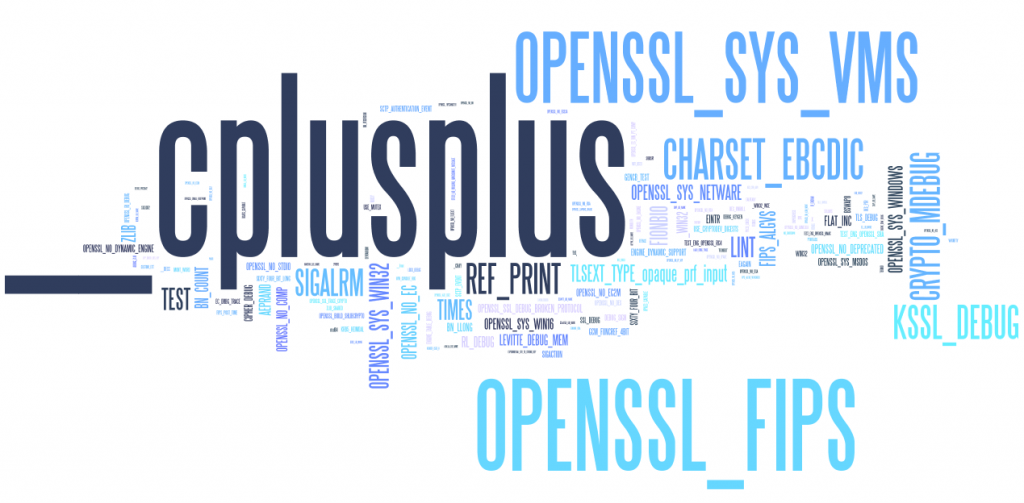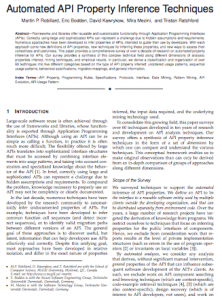Join us for a day-long hands-on lab
Date: Oct. 23rd 2012, Place: Mornewegstr. 30 / S4|14, Room 3.1.01
If you can, bring your own laptop!
This lab is open to members of CASED and TU Darmstadt. If you wish to attend, sign up here. By signing up you commit to attending! Attendance is free of charge.
Soot is one of the most widely-used frameworks for analyzing and transforming Java programs. Recently it has been extended to further support the analysis and transformation of Dalvik/Android bytecode. This day-long interactive hands-on lab has the goal of teaching attendees the basic principles behind Soot and its design, the major components and how they are used, but also how to extend Soot to implement analyses and transformations that are tailored to the user’s needs. The day will be split in three parts. In Part 1, the instructor will give a presentation on the history and API of Soot. Attendees will be able to follow parts of the presentation through examples on their own laptop. In Part 2, attendees will attempt to implement some example program analyses from scratch, both on the intra-procedural and inter-procedural level. During Part 3 (optional) we will split into smaller groups in which attendees can ask questions about projects they would like to implement on their own. They can then start this implementation under the instructor’s guidance. If you wish to discuss a particular topic, it may be useful to email the instructor in advance.

 Our work Challenges in defining a programming language for provably correct dynamic analyses, to be presented at
Our work Challenges in defining a programming language for provably correct dynamic analyses, to be presented at 





